Welcome to the professional spine clinic

In today’s fast-paced world, many of us spend hours sitting at desks, working over computers. While we sometimes think about the impact of poor posture on our back and neck, but its effects on our digestive system are ignored. In this article we will explores how bad posture can contribute to hyperacidity and bloating.
Hyperacidity, or acid reflux, occurs when stomach acid flows back into the esophagus, causing a burning sensation in the chest and throat. Bloating is characterized by a feeling of fullness and swelling in the abdomen, often accompanied by gas. Both conditions can be uncomfortable and affect daily life. In India, digestive health issues like hyperacidity and bloating are common due to a combination of dietary habits, lifestyle factors, and posture-related problems. According to a study published in the Journal of Clinical and Diagnostic Research, approximately 30% of the Indian population suffers from gastrointestinal disorders, with hyperacidity and bloating being among the most prevalent conditions.

Our digestive system is intricately connected to our posture. Here’s how poor posture can lead to hyperacidity and bloating:
1. Increased Abdominal Pressure: Slouching or hunching over compresses the stomach and intestines, increasing intra-abdominal pressure. This pressure can push stomach acid back into the esophagus, leading to acid reflux.
2. Impaired Digestion: Good posture helps to maintain proper alignment of the digestive organs, functioning smooth digestion. Poor posture can disturb this process, causing slower digestion and gas buildup, resulting in bloating. A survey conducted by the Indian Council of Medical Research (ICMR) found that around 20-25% of adults in urban areas experience hyperacidity regularly, often linked to dietary habits, stress, and poor posture.
3. Reduced Diaphragmatic Function: Proper posture allows the diaphragm to move freely during breathing. Poor posture restricts diaphragmatic movement, affecting the natural rhythm of digestion and contributing to gastrointestinal discomfort.
4. Altered Food Transit Time: Sitting hunched over can delay the transit time of food through the digestive tract. This slowdown can cause fermentation of undigested food, leading to excessive gas and bloating. Approximately 15-20% of individuals in India report frequent bloating, with a significant number attributing it to sedentary lifestyles and poor dietary choices.
Improving posture can significantly reduce the risk of hyperacidity and bloating. Here are some practical tips:
1. Ergonomic Workspace: Ensure your workspace promotes good posture. Adjust your chair, desk, and computer screen to prevent slouching.
2. Regular Movement: Take frequent breaks to stand up, stretch, and walk around. Movement helps maintain good posture and aids digestion.
3. Core Strengthening: Engage in exercises that strengthen your core muscles. A strong core supports better posture and reduces the likelihood of slouching.
4. Mindful Eating: Sit up straight while eating and avoid lying down immediately after meals. This practice helps food move smoothly through the digestive tract.
5. Breathing Exercises: Practice deep breathing exercises to enhance diaphragmatic function. Proper breathing supports digestion and reduces abdominal pressure.

If posture improvements and lifestyle changes do not alleviate symptoms, medical treatments may be necessary. These can include:
1. Medications: Over-the-counter or prescription medications such as antacids, H2 blockers, or proton pump inhibitors can help manage hyperacidity.
2. Chiropractic Care: Chiropractic adjustments can improve posture and spinal alignment, potentially reducing symptoms associated with poor posture, such as hyperacidity and bloating.
3. Physical Therapy: Physical therapists can design personalized exercise programs to strengthen core muscles, improve posture, and enhance overall body mechanics.
4. Dietary Modifications: A registered dietitian can provide guidance on foods to avoid and recommend dietary changes to reduce bloating and manage acid reflux.
5. Surgical Interventions: In severe cases, surgical procedures may be required to correct anatomical issues contributing to hyperacidity and bloating.
Bad posture is more than just a physical concern; it can significantly impact your digestive health, leading to hyperacidity and bloating. By being mindful of your posture and making small adjustments to your daily habits, you can improve both your comfort and your digestive well-being. Remember, maintaining good posture is a simple yet effective way to support overall health.
For more information and to schedule a consultation, visit Painflame Clinic.
Recent Blog : Understanding the Link Between Cervical Spondylitis and Blurred Vision
Yes, bad posture can compress the abdominal organs, leading to increased pressure on the stomach and intestines. This can slow down digestion and cause symptoms like hyperacidity and bloating.
Chiropractic care focuses on improving spinal alignment and posture. By correcting misalignments and reducing pressure on the digestive organs, chiropractic adjustments can help alleviate symptoms of hyperacidity and bloating.
Core strengthening exercises, such as planks, bridges, and pelvic tilts, can improve posture. Additionally, yoga and Pilates are beneficial for enhancing core stability and promoting better posture.
Yes, avoiding foods that are known to cause gas and bloating, such as beans, carbonated drinks, and certain vegetables like broccoli and cabbage, can help. Eating smaller, more frequent meals and staying hydrated also aid digestion.
If lifestyle changes and posture improvements do not alleviate symptoms, or if you experience severe or persistent discomfort, it is important to seek medical advice. A healthcare professional can recommend appropriate treatments based on your specific condition.


Call us at
9870379001